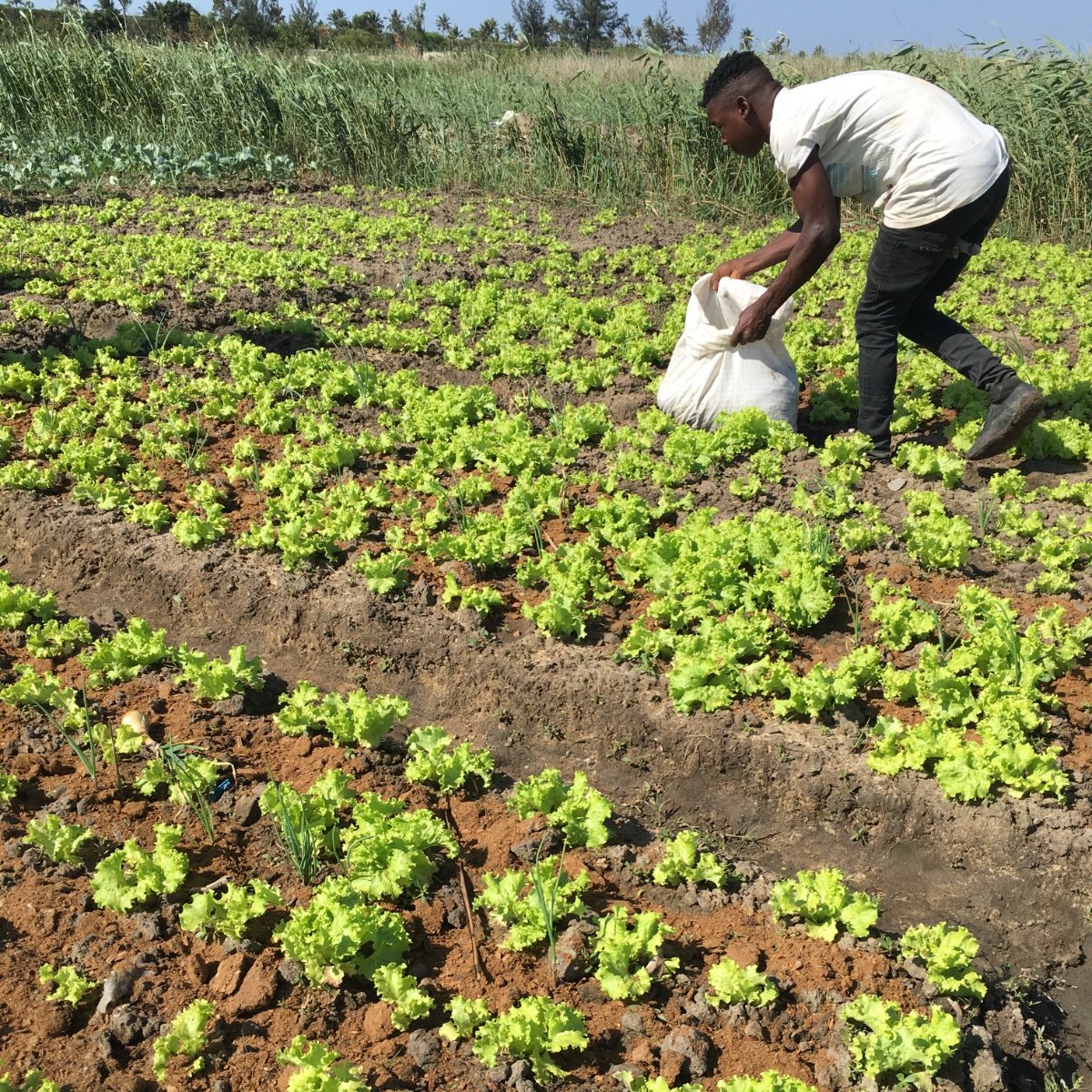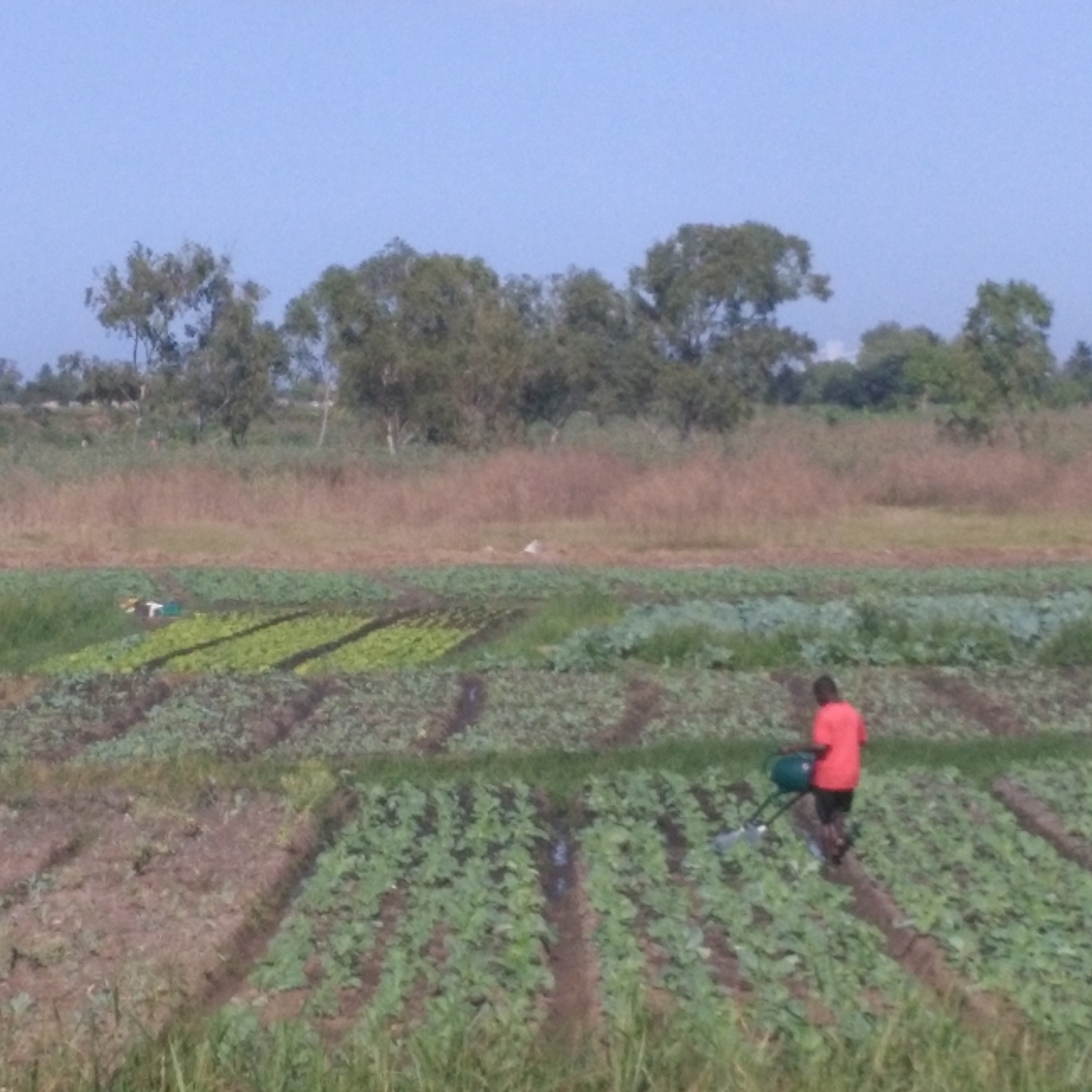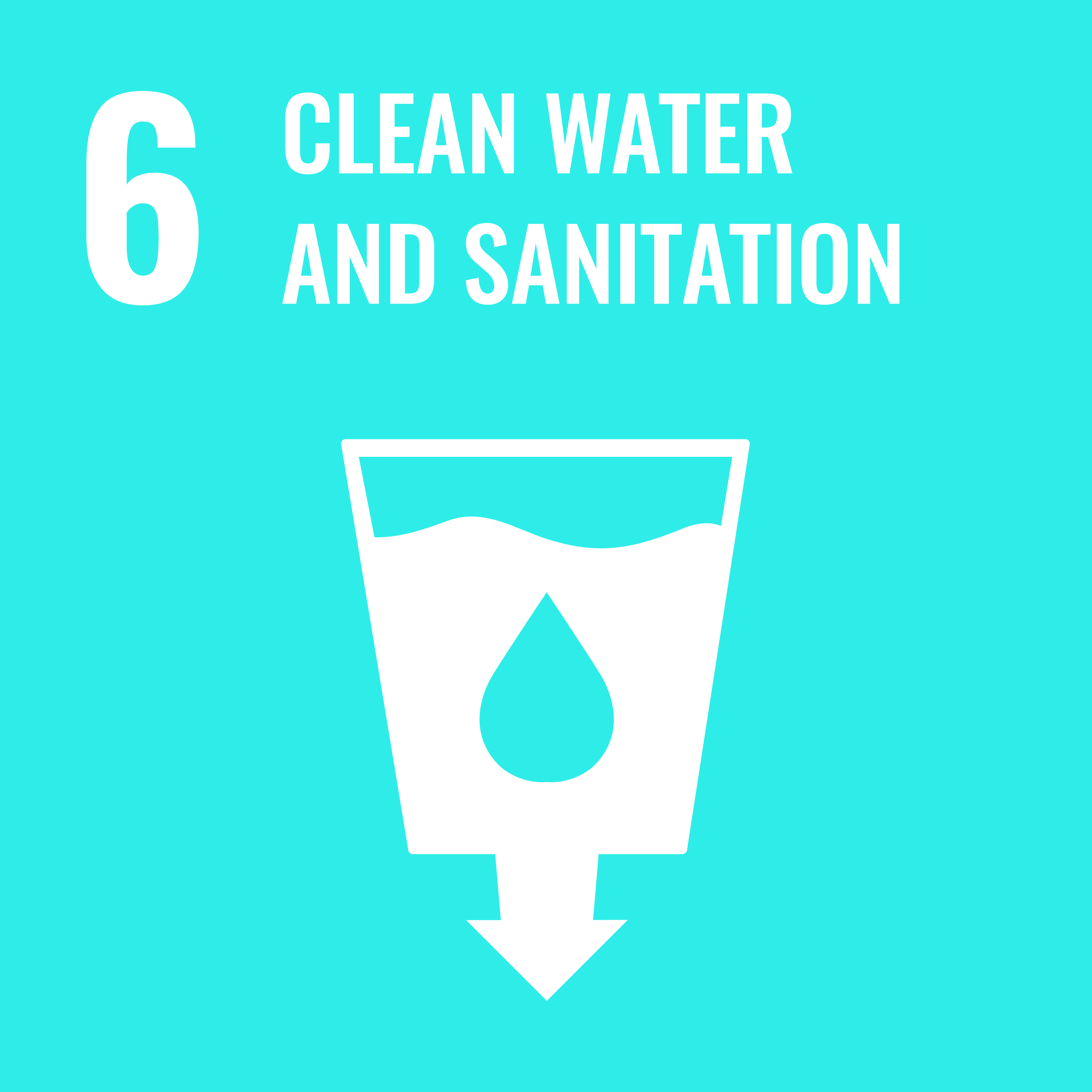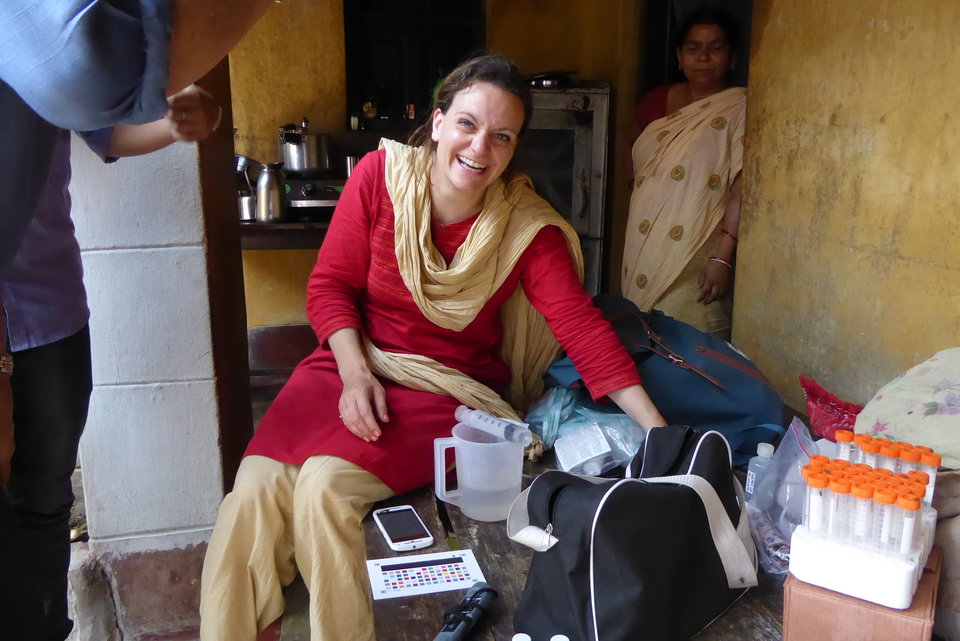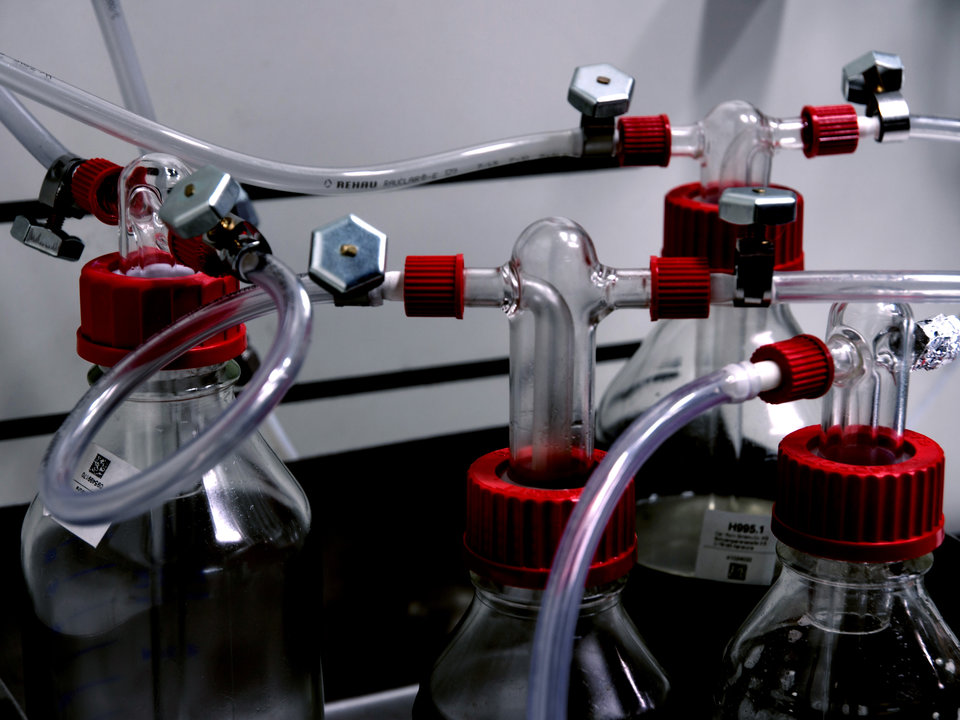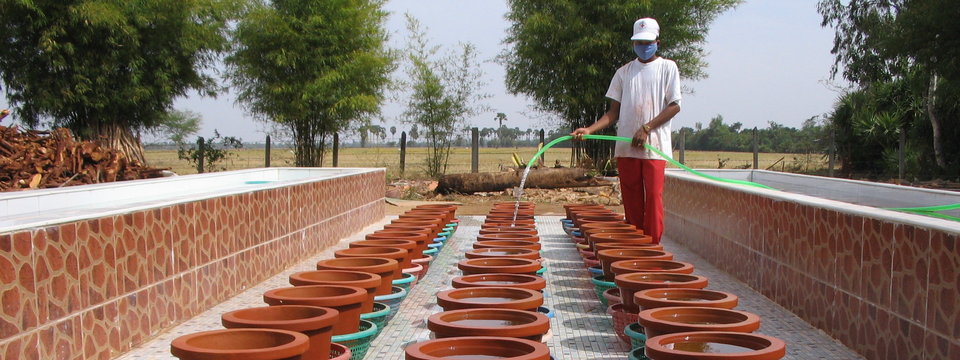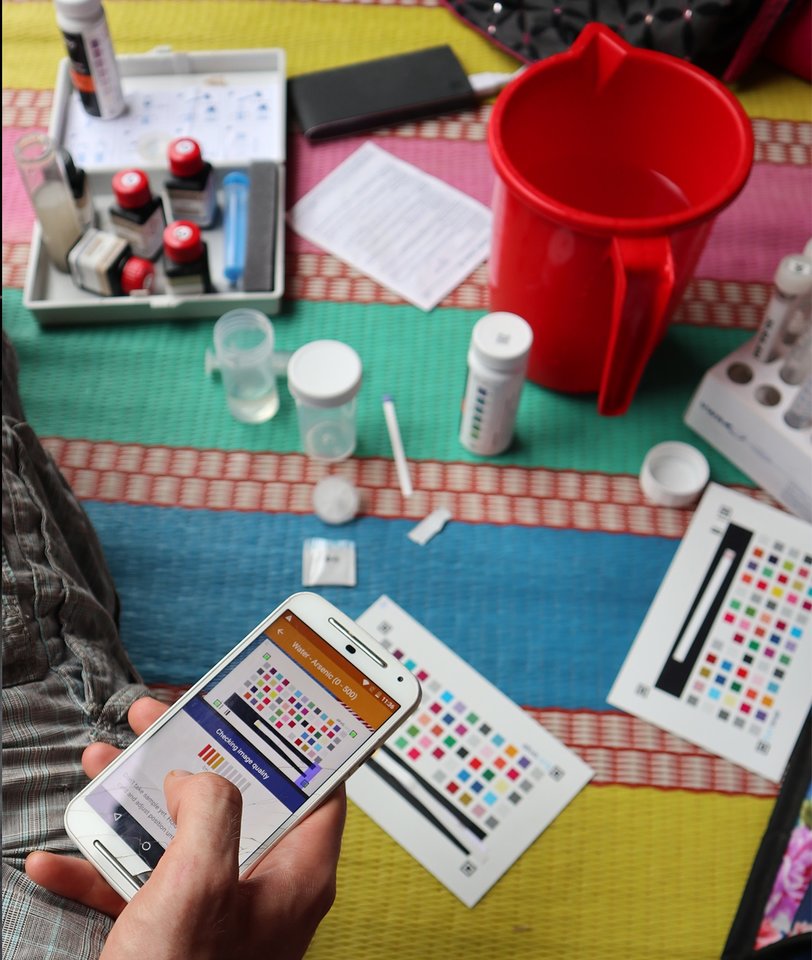Reducing Agricultural Water Shortages
Water Shortage
Mozambique is facing severe water shortage. From the total available water flow, only 46% is produced in the country and projections indicate that urban water demand will increase by about 40%, with industrial use being expected to augment by about 65% (TWWW and GWP, 2013). Of the water that is available, around 80% is used for agriculture (DFID, 2003). The problem is made worse due to low storage capacity. This further limits the expansion of agriculture, industries, and the overall economic development of the country.
On top of lack of water, access to sanitation services, both in cities and rural areas, is deficient. Less than half of population has improved sanitation systems, and in some areas wastewater is unsafely reused in irrigation. In urban areas, such as Mozambique’s capital Maputo, many of these issues can be identified, with the situation being further exacerbated by population growth.
Water Reclamation
A possible solution to address these issues is water reuse. Some studies have pointed out positive effects of water reuse in agriculture: adequate water reclamation can contribute as an additional water source as well as add nutrients for crops, thereby increasing yields (Duran et al 2003) and contributing to urban development (Agodzo et al 2003).
Water reuse in agriculture can contribute as an additional water source, as well as add nutrients for crops and thereby increase yields.
This aim of this study is to evaluate the potentials for water reclamation for agricultural uses in Maputo. This can only be done in collaboration with local partners. From the beginning, the project team has been involved indecision and opinion making such as public discussion groups, national conferences (, and other (international) conferences.
Local Partners & Impact
In addition, other stakeholders such as Eduardo Mondlane have been involved in supporting the research design, implementation of the research, and access to research facilities The Municipality of Maputo is also an active collaboration partner, which has allowed for field work in the city. All in all, the results of this study will help to reshape the current status of water reclamation for irrigation, and better inform the areas of improvement to enable secure water reclamation in Mozambique.
Involved partners
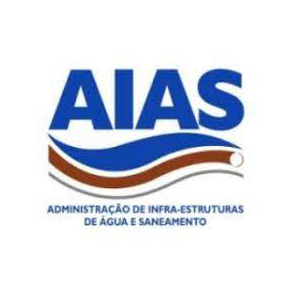
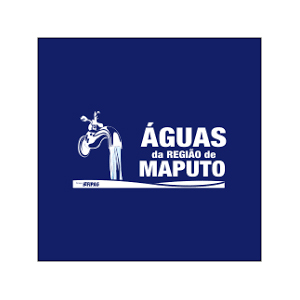
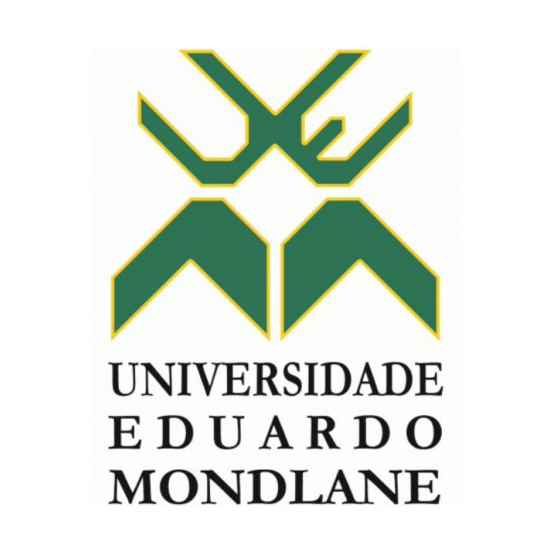
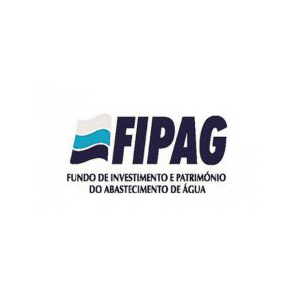
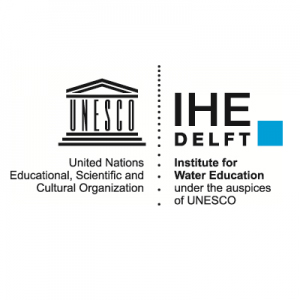
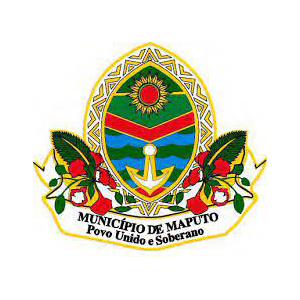
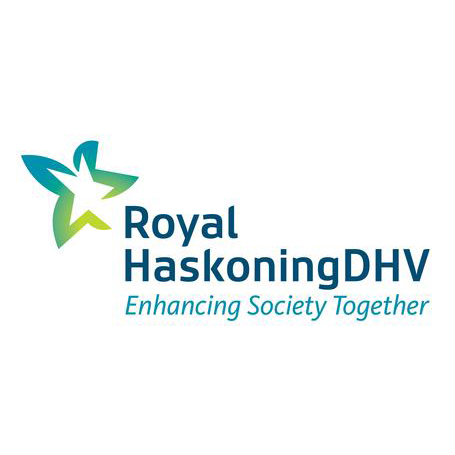

More Water for Impact Projects
TU Delft | Water for Impact is a programme of TU Delft | Global Initiative.

